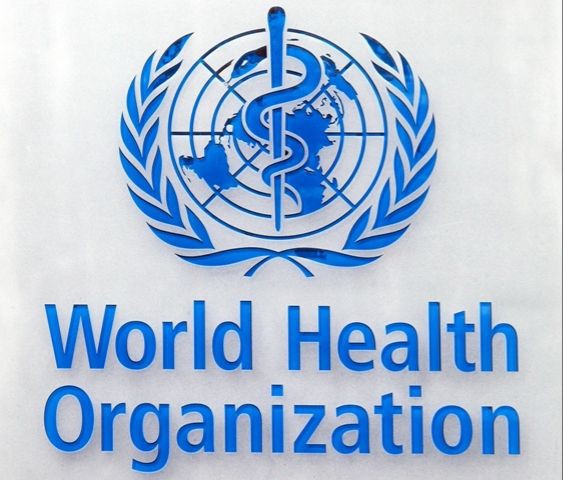
Cholera Outbreak: WHO Reports Over 1,900 Deaths, 195,000 Cases Worldwide

The World Health Organisation (WHO) has reported 1,932 deaths and 194,897 cases worldwide due to a cholera outbreak. These figures cover the period from January 1, 2024, to May 26, 2024.
The outbreak affected 24 countries across five WHO regions, with the highest numbers in the Eastern Mediterranean Region, followed by Africa, America, Southeast Asia, and European Regions. No outbreaks were reported in the Western Pacific Region, according to a statement by the global health organisation.
The global stockpile of Oral Cholera Vaccines (OCV) was depleted until early March but exceeded the emergency target of 5 million doses in early June for the first time in 2024. As of 10 June 2024, the stockpile has 6.2 million doses. However, demand for the vaccine continues to outpace supply. Since January 2023, 92 million OCV doses were requested by 16 countries, nearly double the 49 million doses produced during this period, it said.
The WHO said it was working with other partners such as UNICEF, and others, to use resources to find long-term solutions for cholera.
The organisation classified the cholera resurgence as a grade three emergency in January 2023, the highest emergency level within WHO, due to widespread outbreaks, geographic expansion, and vaccine shortages.
In 2022, 44 countries reported cholera cases, a 25% increase from 2021, with the trend continuing into 2023.
The recent outbreaks have also been more deadly, with case fatality rates being the highest recorded in over a decade.
“This increase in outbreaks and cases is stretching the global capacity to respond. There is a shortage of cholera tools, including vaccines,’ the statement added.
In Nigeria, Lagos State reported 21 deaths and 401 suspected cases, while Ogun State confirmed one death and five hospitalisations.
Cholera is an acute intestinal infection spread through contaminated food and water. Safe water and sanitation can prevent it, and immediate medical attention can treat it.
Factors like poverty, conflict, and climate change exacerbate the problem by reducing access to clean water.
WHO said it considered the current global risk from cholera as very high and is responding with urgency to reduce deaths and contain outbreaks in countries around the world.
Read more: Nigeria’s Public Debt Soars to N121.67 Trillion Due to Naira Devaluation
About The Author
Related Articles
Burkina Faso Increases State Stake to 40 Percent in Kiaka Gold Mine
The government of Burkina Faso has strengthened its role in the country’s...
ByWest Africa WeeklyFebruary 23, 2026Russia Delivers $345,000 in Military and Humanitarian Aid to Burkina Faso
The government of Burkina Faso has received strategic support from Russia aimed...
ByWest Africa WeeklyFebruary 23, 2026Drone Attack Attempt Foiled Near Aguelhok as Two FLA-JNIM Fighters Killed in Explosion
An attempted armed attack on a Malian military convoy near Aguelhok in...
ByWest Africa WeeklyFebruary 23, 2026Assimi Goïta Places AES at the Core of Mali’s New Foreign Policy Strategy
Mali’s transitional president, Assimi Goïta, has formally placed the Confederation of the...
ByWest Africa WeeklyFebruary 23, 2026











